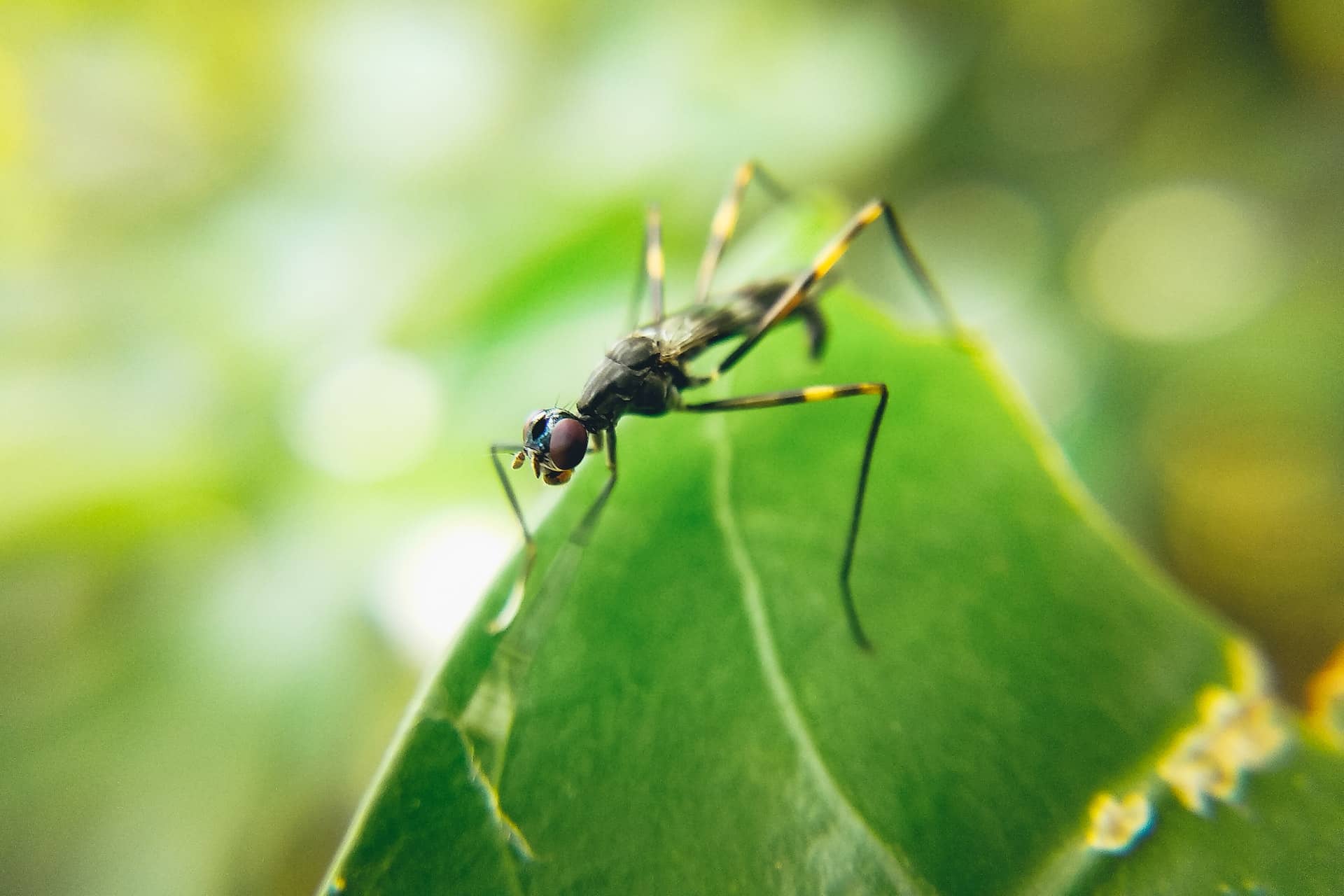Zika Virus: Where Is Zika Mostly Found, How to Prevent it, and More

Traveling around the world is indeed an exciting and enriching experience. Nevertheless, your next travel destination may require some health considerations. It’s well known that circulating diseases differ from area to area. Such is the case of Chagas disease, Yellow fever, and Dengue fever.
Tropical and subtropical climates are known to be affected by the Zika virus. However, Zika outbreaks haven’t occurred in recent years. So many travelers wonder: Is Zika still a thing?
It’s still important to be aware of the Zika virus. Especially if you’re traveling to a subtropical area and you’re pregnant or planning to have a baby soon.
In this post, we’ll share everything you need to know to stay safe from Zika while traveling. We’ll cover:
- What the Zika virus is
- Common symptoms of Zika
- Zika and pregnancy
- Where is Zika mostly found
- Zika treatment
- How to prevent Zika
Ready? Let’s jump in.
What Is the Zika Virus?
Zika virus is an infectious disease spread by mosquitoes. It’s particularly present in tropical and subtropical climates. In very rare occasions, Zika can also be transmitted through sexual contact.
Common Symptoms of Zika
The majority of Zika virus infections are asymptomatic or mild. In most cases, symptoms last between 2 and 7 days.
Zika’s most common symptoms include:
- Fever
- An itchy body rash
- Red, sore eyes
- Headaches
- Muscle pain
- Joint pain and inflammation
Most people suffering from a Zika infection don’t become ill enough to go to the hospital. Plus, those who have been infected with Zika once are likely to be protected from further infections.
On rare occasions, the Zika virus could also cause Guillain-Barré syndrome (GBS), which affects the nervous system. But there are very few fatal cases of Zika.
However, Zika infection could harm a developing fetus. So, it’s worth discussing the severity of the Zika virus in pregnant people (or those trying to conceive) in a different light.
Zika and Pregnancy
Zika is often asymptomatic. However, a pregnant person can transmit it to their developing baby during gestation.
During pregnancy, the Zika virus can affect a baby by causing:
- Brain issues, including microcephaly (a small and often underdeveloped brain)
- Congenital Zika syndrome, a combination of birth defects and disabilities associated with Zika infection during pregnancy
- Other health conditions
The Zika virus has also been linked to an increased likelihood of miscarriage.
As Zika can be asymptomatic, it’s recommended to avoid getting pregnant for up to 3 months after returning from an area where there’s a Zika virus risk. Zika virus could be transmitted sexually. So this recommendation isn’t only relevant for people with the ability to get pregnant, but also for their partners.
Where Is Zika Found?
Zika virus can be found in the following regions:
- Asia
- Africa
- The Caribbean
- The Pacific Islands
- South and Central America
It’s fair to note that, as Zika is usually asymptomatic or causes mild symptoms, unreported cases may occur. Plus, Zika monitoring and reporting systems may be suboptimal for multiple reasons (including the impact of the COVID-19 pandemic). As a result, it’s difficult to gather accurate and up-to-date information on Zika cases.
Zika’s incidence declined from 2017-2020. As of this writing, the last Zika cases were reported in:
- Brazil, Guatemala, and Paraguay in 2021
- India, in July 2021 ( Kerala and Maharashtra States)
Zika Treatment
As of today, there is no specific medicine or vaccine that can be used to treat or prevent the Zika virus.
Nevertheless, symptoms can be treated by:
- Resting well
- Drinking plenty of fluids to avoid dehydration
- Taking medication to relieve pain and fever, such as acetaminophen
- Avoiding non-steroidal anti-inflammatory drugs, such as aspirin
If you’re currently under treatment for another health condition, consult with your doctor before taking any additional medications.
How to Prevent Zika
As we’ve already mentioned, there’s no vaccine to prevent Zika. However, there are a few things you can do, before and during your trip.
Before Your Trip
4-6 weeks before your trip, you should seek medical advice from your healthcare provider. Especially if:
- You’re pregnant
- You’re planning to become pregnant
- You have a severe and chronic medical condition
- You have a medical condition that weakens your immune system
During Your Trip
During your trip, the best approach you can take to prevent Zika is to protect yourself from mosquito bites. It’s worth mentioning that Zika-carrying mosquitoes are most active during the day.
It’s recommended that you:
- Wear long pants and long-sleeved shirts
- Wear insecticide-pre-treated clothing
- Use 50% DEET-based insect repellent
- Sleep under insecticide-treated mosquito nets
- Make sure the AC is on while you’re indoors
- Practice safe sex (even after your trip)
Key Takeaways
Although there haven’t been any Zika virus cases reported in the last year, It’s important to still watch out for this disease, as cases are likely to go unreported. We recommend you take special care if you’re pregnant or planning to have a baby.
Want to get tested for COVID-19 before your next trip? No matter where you are, or what type of test you need, find testing locations near you with our international directory.



